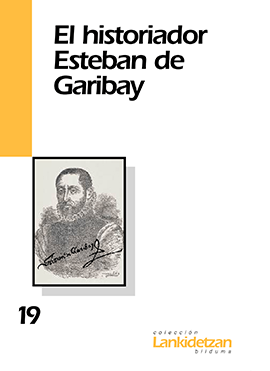La chaconne: questions autour d´une éventuelle étymologie basque

Morel Borotra, Natalie
- Publication year:
- 2001
- Publication place:
- Donostia-San Sebastián
- ISBN:
- 84-8419-929-0
Summary
The origin and the etymology of the chacona, a baroque dance, remains problematic. Although the dance seems to come from Nueva España, there are ; several hypotheses on the origin of the word: Italian; Spanish or Portuguese (chacona or chacota) based on the "chak" onomatopoeia simulating the castanets and ; the Basque drum that accompany the dance. There is the Basque hypothesis, as ; proposed by Larramendi: from the word chocuna, refined, gracious. This is doubtful ; from an ethymological point of view. It is, nevertheless, an interesting approximation. Txak is an onomatopoeia that is connected to speed; txakun egin, for the playing of the txalaparta ? a term which also evokes movement and excitement (connotations corresponding to the first descriptions of the chacona dance from the end of the 16th century). In Portuguese, chacota can also be the stick used to mark the rhythm of the dance.Sing up and download the publications of Eusko Ikaskuntza
Are you a registered member?. Access




